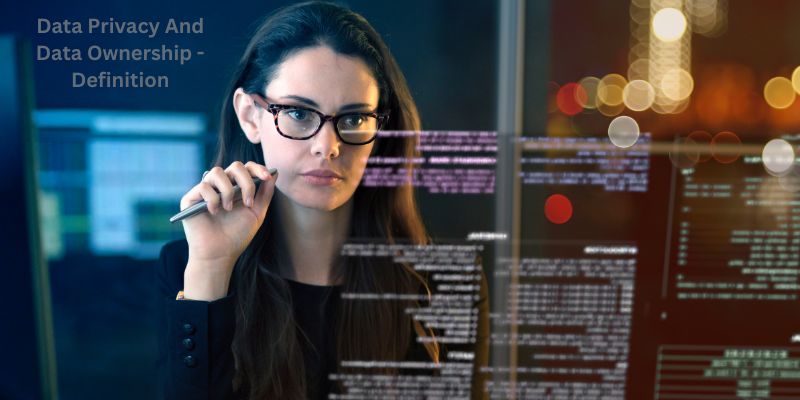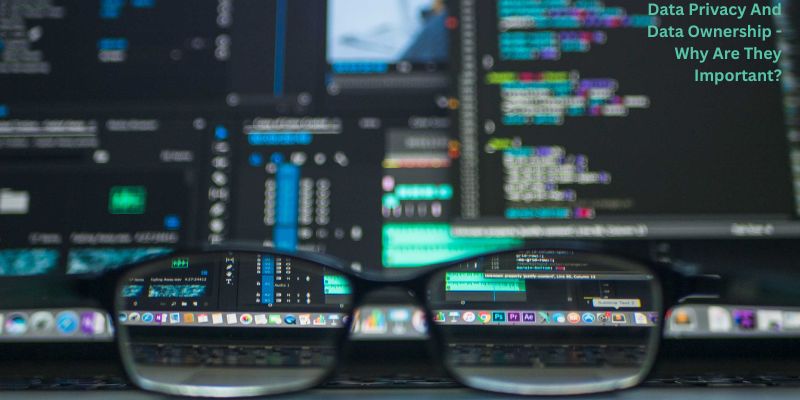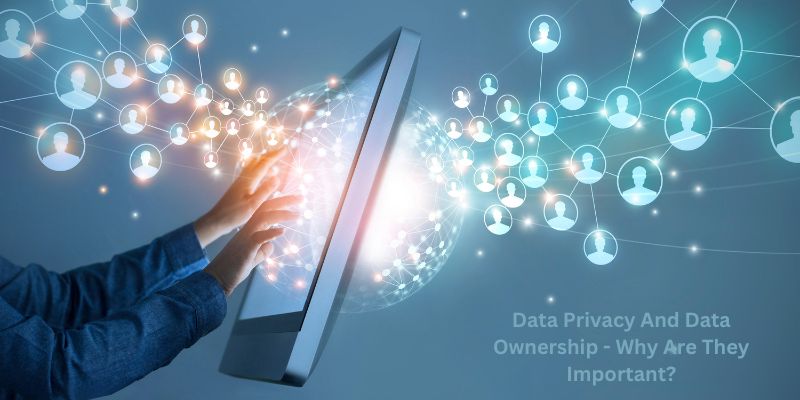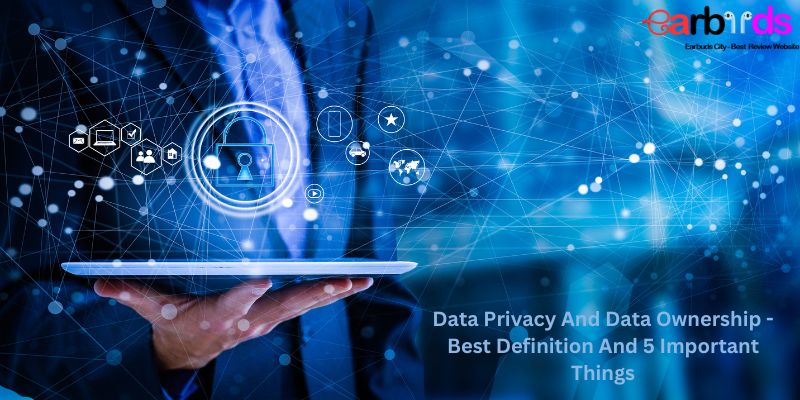In today’s digital age, where information is constantly being shared and stored, the topics of data privacy and data ownership have become increasingly relevant and important. As individuals, we are often unaware of the extent to which our personal information is being collected and utilized by various organizations. This raises critical questions about who truly owns our data and how it should be protected. Join earbudscity.com as delve into the complexities of data privacy and data ownership, this blog will help you explore the implications for individuals and society as a whole.
1. Data Privacy And Data Ownership – Definition

Data privacy, sometimes also referred to as privacy of information, is an area of data protection that deals with the proper handling of sensitive data, most notably personal data, but also other sensitive information, such as certain money data and intellectual property data, in order to meet regulatory requirements and to protect the privacy and immutability of the data.
According to the Figure below, data protection broadly falls into three categories: traditional data security (such as backup and restoration copies), security of data, and data privacy. In order to achieve the continuous availability and immutability of crucial business data, best practices in data protection and security can be seen as having as a result the privacy of sensitive and personal data.
When you have issues about a data asset or need to make a modification request, data ownership indicates who to contact. It ends the back and forth that takes place while attempting to discover someone who is knowledgeable about a certain asset. A person’s name is publicly associated with an asset when it is owned, letting the business know that person either knows the commercial context of the data or is the technical mind behind it. Usually, this is described in a catalog of data.
2. Data Privacy And Data Ownership – Why Are They Important?

2.1 The importance of data data privacy
- Business Asset Management: A company’s data may be its most valuable asset. In today’s data-driven world, businesses place great importance on gathering, distributing, and utilising data on clients or users, particularly through social media. Building trust with customers, who naturally want privacy as a human right, necessitates businesses being open and honest about how they get consent to maintain customer data, uphold their privacy policies, and handle the data they have collected.
- Regulatory Compliance: It’s possible to argue that managing data to guarantee regulatory compliance is even more crucial. The gathering, archiving, and processing of personal data may be governed by legal requirements that a business must maintain; failure to do so might result in severe penalties. If the business is the subject of a hack or ransomware assault, the effects in terms of lost revenue and decreased customer trust may be far more severe.
2.2 The importance of data ownership
The three key benefits of data ownership are accountability, better cross-team cooperation, and data governance. Let’s talk about these more.
Data management
Data accessibility, usability, and security are all referred to as “data governance.” The main concerns of ownership are usability and security. By designating an owner for your data assets, you are entrusting that individual with the responsibility of keeping the data secure and as high-quality as possible. This individual could decide who has access to this asset and who doesn’t. A dataset containing PII data, such as credit card numbers, could, for instance, only be required for access by the finance department. The owner of this asset is responsible for controlling access from other teams and making sure it doesn’t fall into the wrong hands.
You may also make sure your datasets are genuinely useable by designating owners for your assets. Ideally, they won’t spend days or weeks without being updated once someone is assigned to watch after them and make sure they continue to be trustworthy for the firm. When governance is left to numerous owners (all of whom are authorities in their fields), assets are kept safe and useable, however giving it to one person or team might make it a tough task.
Improved teamwork across departments.

Ownership does away with the requirement for many Slack messages and meetings to identify the individual with the most in-depth expertise in an asset. The name of the individual is expressly tied to the asset, making it simple to identify who to contact. By doing this, you and the asset owner have an immediate channel of communication open to them.
Accountability.
How many times have issues gotten overlooked because you believed someone else on your team was taking care of them? In a nutshell, this is the bystander effect in business. Nobody tackles an issue because they believe that someone else has already taken care of it.
When assets lack owners, duplication, an out-of-date logic pipeline, and other issues with data quality can accumulate. By designating an owner, the asset’s quality is maintained by a single individual. There is no speculating about whose responsibility it is to preserve something when someone is made accountable.
Conclusion
In conclusion, the topics of data privacy and data ownership are highly significant in today’s digital age. It is crucial for individuals and organizations to understand the importance of protecting personal information and maintaining control over their data. While advancements in technology have provided countless benefits and conveniences, they have also raised concerns about privacy breaches and unauthorized data usage. Striking a balance between the benefits of data utilization and the need for privacy is a complex and ongoing challenge.
Governments, businesses, and individuals must work together to establish clear regulations and ethical guidelines to safeguard data privacy rights and ensure responsible data ownership. By doing so, we can foster a more secure and trustworthy digital environment for all users.
I hope you found the information of this article about Data privacy and data ownership useful. Have a good day!




